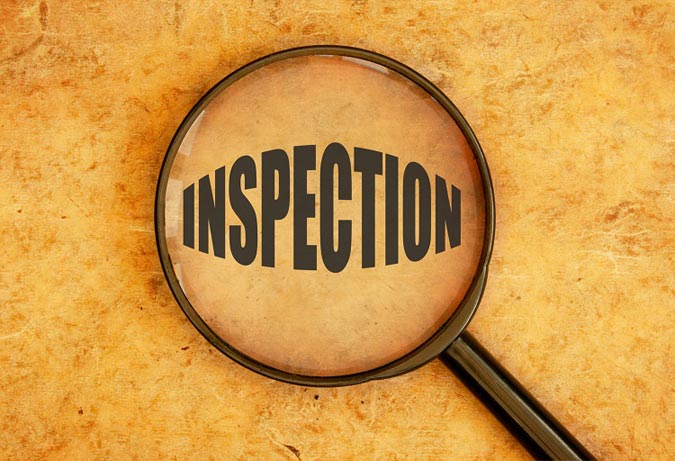Anyone who purchases a home will be eagerly anticipating settlement so they can move in. They will have already inspected the property themselves and had all the necessary inspections done for things like termite damage, other possible damage or illegal additions. So what is the pre-settlement inspection and why is it essential?
When the contracts for the buying and selling of the house are drawn up, there will often be inclusions such as specific curtains and light fittings or other goods and chattels. If there is obvious damage of some kind it is usually mentioned and if the vendor does not agree to have it repaired, the cost is usually taken off the sale price.
The contracts for the deal must be exchanged, but that is not the time when ownership of the home passes to you. First, a settlement date and time must be set for the payment to go ahead and the title deeds to be exchanged. After consulting a lawyer’s list to find a lawyer or conveyancer will take care of this and the date is usually 42 days after the contracts were exchanged.
But a lot can happen to the property in that time.
- Vandals can damage it if it is vacant
- Burglars can steal things from it
- The vendor can decide to swap the light fittings for cheapies
- A storm can blow a tree over the roof
- Someone can drive their car into the wall
- A pipe can spring a leak and cause water damage inside the home
This is why a pre-settlement inspection is essential. Otherwise you may find that the state of the property is not how you last saw it. Imagine your horror to find you have paid the agreed price only the roof now has a big hole in it. You will be responsible for the repairs because you now legally own the property.
The absolute best time for the pre-settlement inspection to go ahead is immediately before the time set for the settlement, but in reality this may be impossible. Therefore, most pre-settlement inspections are done the day before. At least this leaves only a small window of time for any damage to occur. If you are worried about something going missing from the inclusions, you will need to inspect the property again immediately before settlement.
Generally speaking, the pre-inspection will not show any loss or damage, but if it does the problem will need to be dealt with legally, with the vendor agreeing to pay for the damage, since they still legally own the property. Or they may agree to deduct the cost of repair from the sale price. However, settlement will need to be delayed in order for the damage to be evaluated and a cost estimate sought from an assessor.

